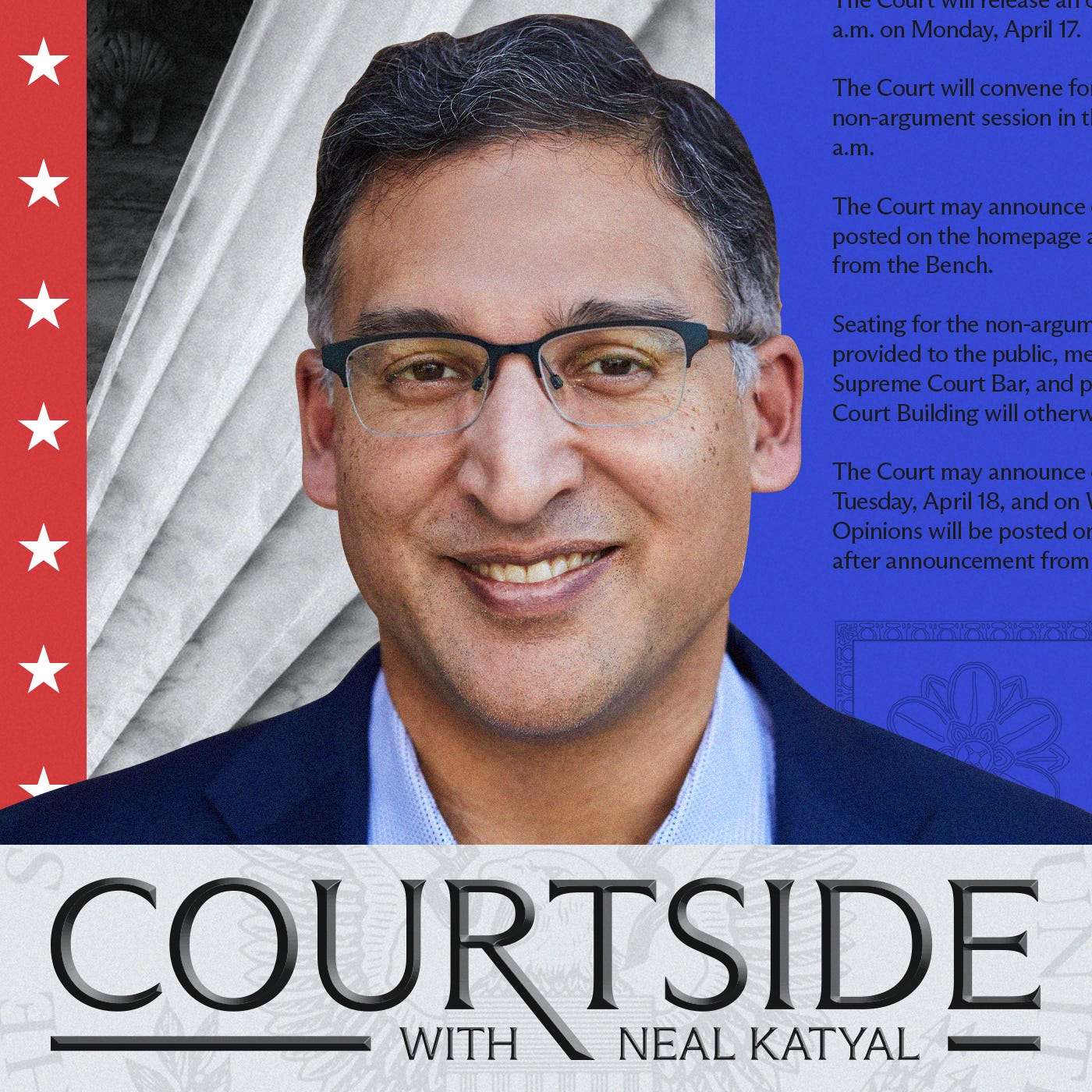Courtside Episode 9 with Aaron Dessner
Podcast: COURTSIDE with Neal KatyalPublished On: Wed Aug 16 2023
Description: This is a free preview of a paid episode. To hear more, visit nealkatyal.substack.comCampbell v. Acuff-Rose Music Inc. is an important 1994 Supreme Court decision that profoundly impacted copyright law. In a unanimous decision, the Court found that parody is, by and large, protected under the fair use exception, meaning that it doesn’t violate copyright. In the case, 2 Live Crew, a rap group, parodied Roy Orbison and William Dees’ song “Oh, Pretty Woman.” The Court said that was OK. In the long run, the decision has eliminated barriers that previously prevented artists from incorporating unoriginal works into their own, thereby promoting creative growth and the expansion of the arts.We have the ideal guest to discuss the case, Aaron Dessner. Aaron is part of what I think is the best band in America, the National. He's also the most sought after music writer today, having co written several records with Taylor Swift, including the hauntingly beautiful Folklore and Evermore. He just did the same with Ed Sheeran’s new record Subtract. The idea for this episode arose one night after one of Aaron’s concerts, where he and I got talking about music and copyright and how AI, Artificial Intelligence, was going to upend things.So here’s what happened. In 1964, the singer-songwriters Roy Orbison and William Dees wrote a song entitled “Oh, Pretty Woman.” After completion, they assigned the rights of the song to a music company called Acuff-Rose Music, which soon had it registered for copyright protection.25 years later, popular rap music group 2 Live Crew wrote a parody of the song, which they called “Pretty Woman.”The parody began with the original lyrics and harmonies, but it quickly changed gears, replacing the wishful and melancholy words and chords with startlingly brash ones. 2 Live Crew wrote to Acuff-Rose and asked for permission to release their parody. Acuff-Rose denied the request, but the group went ahead and released the song anyway.About one year later, Acuff-Rose sued 2 Live Crew for copyright infringement. The District Court ruled in favor of 2 Live Crew, but the Court of Appeals reversed. 2 Live Crew appealed, and the Supreme Court agreed to hear the case. At issue was a simple question, but one that had the potential to radically transform copyright law: Did 2 Live Crew’s parody qualify as fair use under the Copyright Act of 1976? The Court unanimously said it did.Campbell v. Acuff-Rose Music was a very consequential ruling. Aside from allowing 2 Live Crew to continue selling their parody of “Oh, Pretty Woman,” the decision also promoted artistic growth, pushing the boundaries of what could acceptably be imitated from preexisting works. Indeed, by recognizing that parody meets the threshold for fair use, the Court opened countless doors for aspiring artists, ensuring that they can draw upon, alter, and otherwise criticize previous works.But that is not to say that the decision gives artists a blank check. As Justice Kennedy remarked in a brief concurrence, “The parody must target the original, and not just its general style, the genre of art to which it belongs, or society as a whole.” In other words, parody qualifies under the fair use exception so long as it criticizes the original work (and not some broader societal phenomenon). The decision thus respects the key tenets of copyright law and protects the works of parodists, striking a delicate yet thoughtful balance between two competing interests.Aaron and I get into a discussion of modern copyright problems, including the Ed Sheeran case and the ways in which Artificial Intelligence might upend things.Paid subscribers have access to all sorts of information about the case, including a short summary of it, an abridged version of the decision, and the full decision. There will also be a remarkable bonus episode with more from Aaron Dessner for paid subscribers in the days to come.
The note was deleted
The note was saved
Your message was sent
